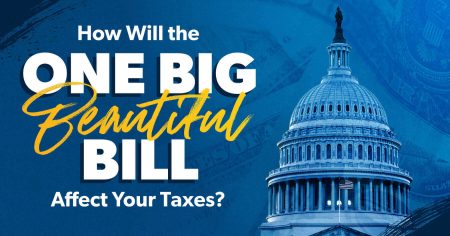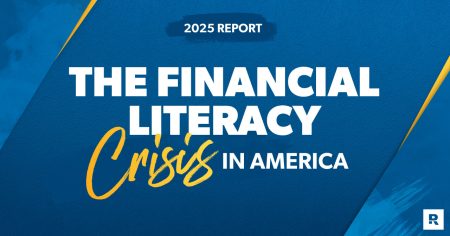Credit Sesame’s personal finance news roundup January 25, 2025. Stories, news, politics, and events impacting personal finance during the past week.
Chicago bank first failure of 2025
Pulaski Savings Bank of Chicago, IL, was closed by the Illinois Department of Financial and Professional Regulation, making it the first bank to fail in the new year. Only two banks failed in 2024, the most recent in October. Pulaski Savings Bank was small, with just $42.7 million in deposits. Under FDIC supervision, its operations have been transferred to Millennium Bank of Des Plaines, IL. Under the arrangement, former customers of Pulaski Savings Bank could have immediate access to their deposits. The FDIC insurance fund will cover losses. The FDIC suspects fraud was a factor in the bank’s failure. See news release at FDIC.gov.
Consumer credit delinquencies still rising
Serious delinquency rates rose across all major consumer credit products in December. Credit cards, auto loans, personal loans, and mortgages all saw the percentage of customers with payments 90 days or more late increase during the month. While consumers are increasingly having trouble paying their bills, the average balance owed on credit cards has risen. The average balance is now $6,580, up from $6,416 in November. For all products, serious delinquency rates are negligible for customers with prime or better credit scores. The vast majority of the problem is with customers who have subprime scores. See Credit Industry Snapshot at TransUnion.com.
The median weekly earnings of full-time workers rose to $1,192 in the fourth quarter of 2024. This was 4.1% over the same period a year earlier, which outpaced the 2.7% inflation rate over the same period. The survey found that overall, the median wage for women was 83.2% of the median wage for men. The survey also showed a big contrast in earnings according to educational attainment. Full-time workers aged 25 or over without a high school diploma earned a median weekly wage of $776. Those with a high school diploma but no college education earned a median weekly wage of $977. Those with at least a bachelor’s degree had median weekly earnings of $1,705. See details at BLS.gov.
More consumers making minimum credit card payments
The percentage of credit card customers who pay no more than the minimum due on their accounts has reached 10.75%. This is the highest percentage on record, based on data from the Federal Reserve Bank of Philadelphia dating back to 2012. A high number of customers paying no more than the minimum indicates that many consumers are struggling to pay their bills. Making just the minimum payment causes a credit card balance to drag on for longer, leading to the customer paying more interest. See news release at PhiladelphiaFed.org.
Mortgage rates fall a little
30-year mortgage rates fell for the first time in six weeks. They eased by 0.08% to 6.96%. Even with this step back, 30-year rates are 0.88% higher than when they reached their recent low point of 6.08% at the end of September. 15-year rates also fell for the first time in six weeks. These rates fell by 0.11% to 6.16%. See details at FreddieMac.com.
Mortgage applications stable
Mortgage application volume has been steady even though 30-year mortgage rates have risen for five of the last six weeks and by 36 basis points overall during that stretch. The Market Composite Index, which measures purchase and refinance applications, was up by a seasonally adjusted 1% last week. Compared with the same week a year ago, purchase applications were up 2%, and refinance applications were up 42%. These favorable year-over-year comparisons come despite higher mortgage rates than a year ago. This suggests consumers have adjusted their expectations to the generally higher level of rates over the past couple of years. See details at MBA.org.
All weekly news headlines from Credit Sesame
Read the full article here









